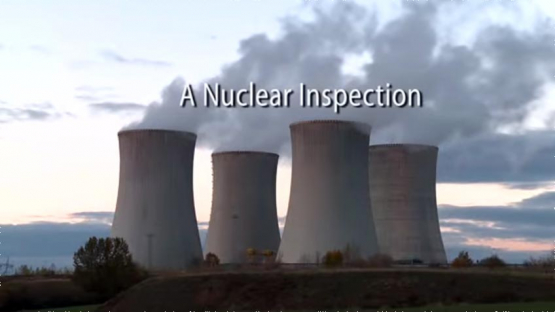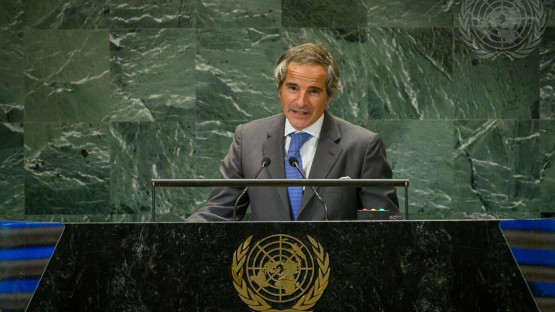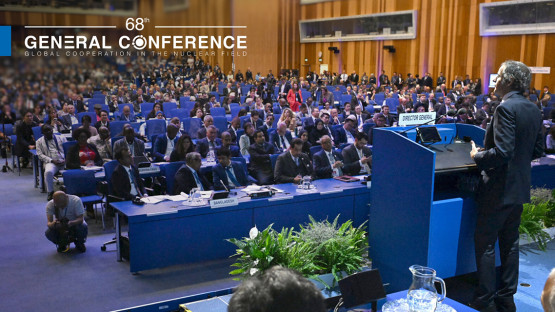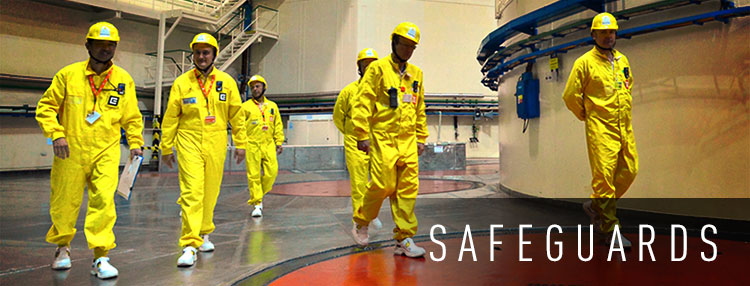The NPT was opened for signature in 1968 and entered into force on 5 March 1970. On 11 May 1995, the Treaty was extended indefinitely. With 191 States parties, it is the most widely adhered to treaty in the field of nuclear non-proliferation, peaceful uses of nuclear energy and nuclear disarmament. Under the NPT, non-nuclear-weapon States parties have committed themselves not to manufacture or otherwise acquire nuclear weapons or other nuclear explosive devices while nuclear-weapon States parties have committed not to in any way assist, encourage or induce any non-nuclear-weapon State party to manufacture or otherwise acquire nuclear weapons or other nuclear explosive devices. Nuclear-weapon States parties under the Treaty are defined as those that manufactured and exploded a nuclear weapon or other nuclear explosive device before 1 January 1967. There are five nuclear-weapon States parties to the Treaty.
While the IAEA is not a party to the NPT, it is entrusted with key verification responsibilities under the Treaty. Each non-nuclear-weapon State party is required under Article III of the NPT to conclude a comprehensive safeguards agreement (CSA) with the IAEA to enable the IAEA to verify the fulfilment of their obligation under the Treaty with a view to preventing diversion of nuclear energy from peaceful uses to nuclear weapons or other nuclear explosive devices.
The IAEA therefore has a specific verification role as the international safeguards inspectorate, namely to verify the fulfilment of obligations assumed under the NPT by non-nuclear-weapon States parties. By 3 May 2023, 182 non-nuclear-weapon States parties to the Treaty have brought into force CSAs required by the Treaty and 4 of them have yet to do so.
The IAEA also has an important role to play in achieving the objectives under Article IV to foster international cooperation in the peaceful uses of nuclear energy. Through its activities relevant to energy security, human health, food security and safety, water resource management and industrial applications, the IAEA supports its Member States in attaining their Sustainable Development Goals (SDGs).








